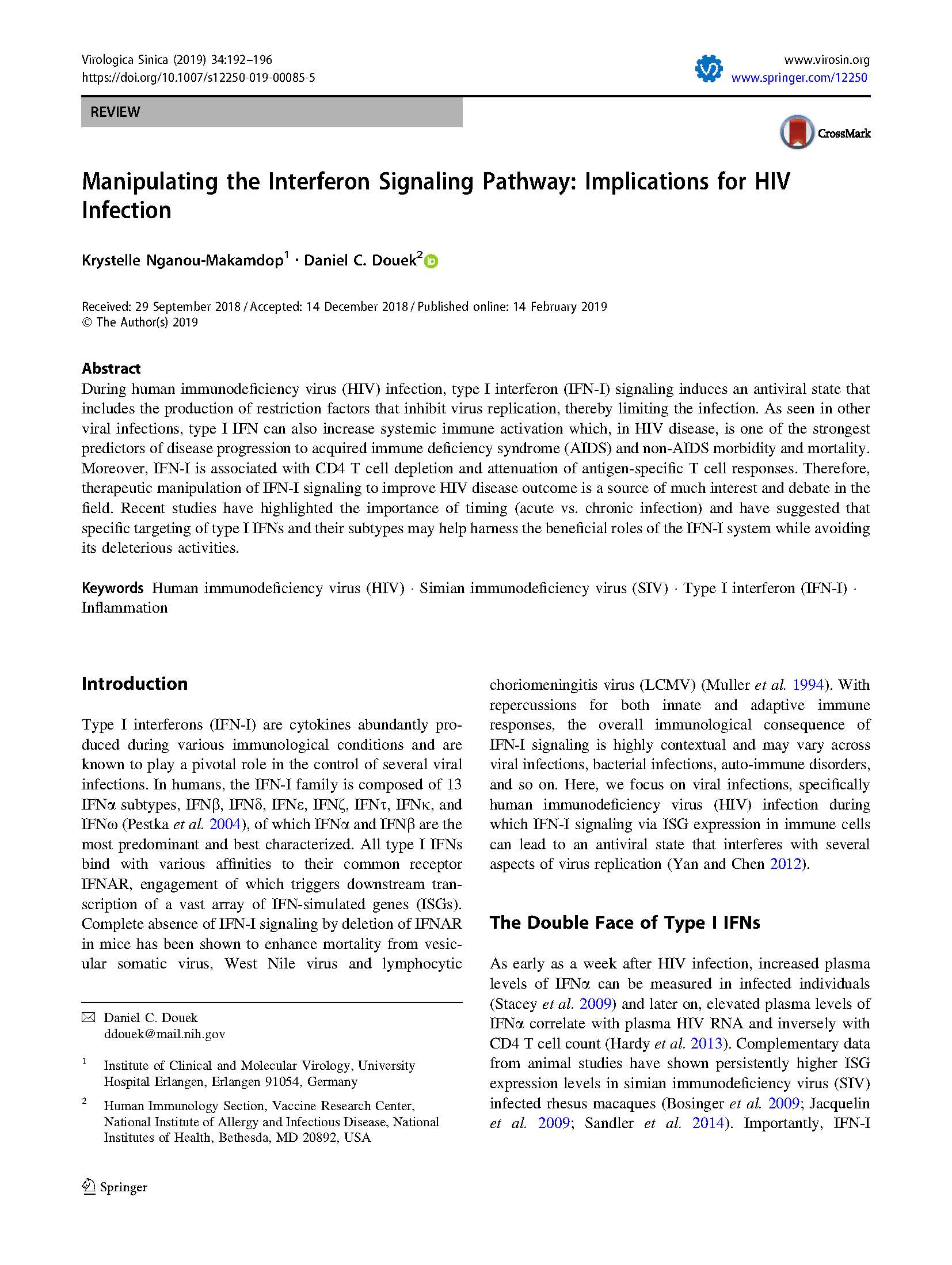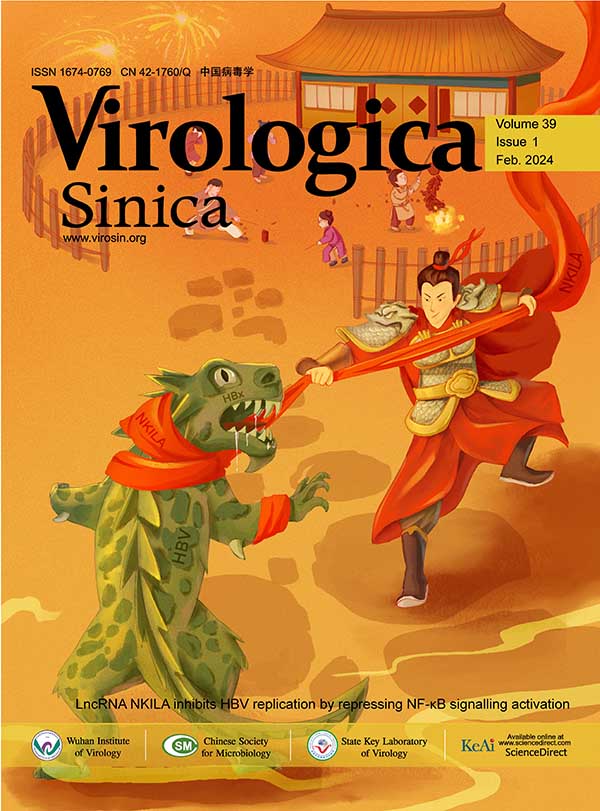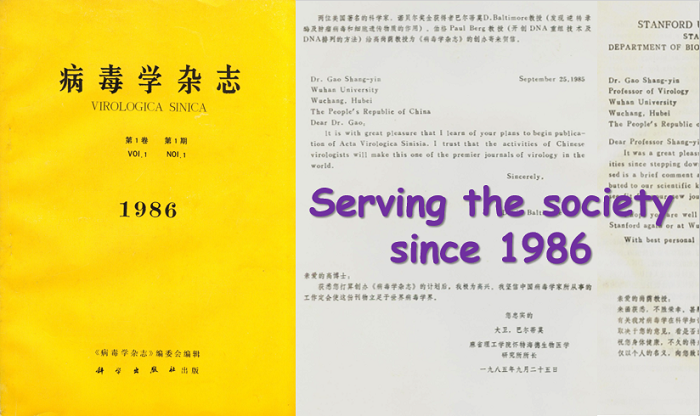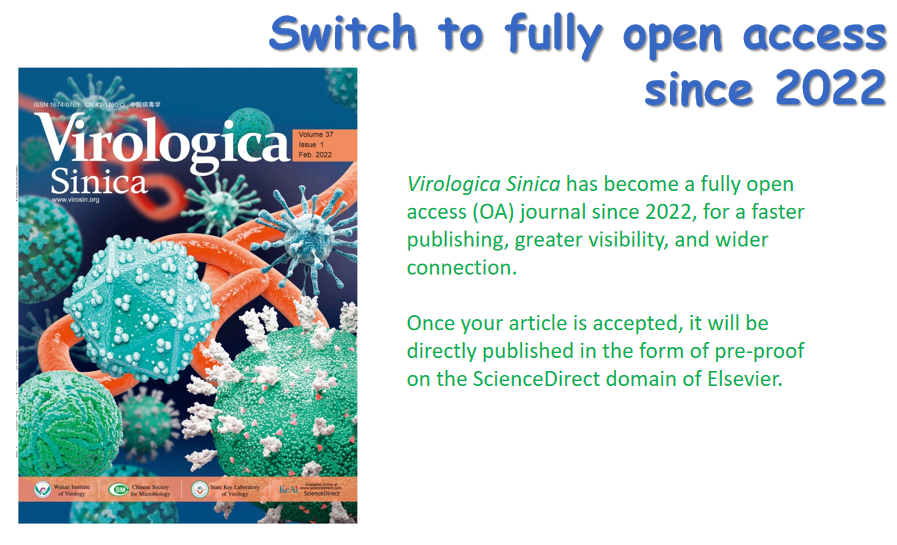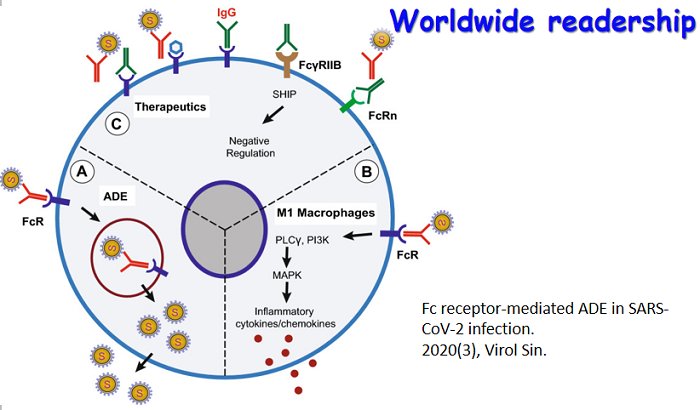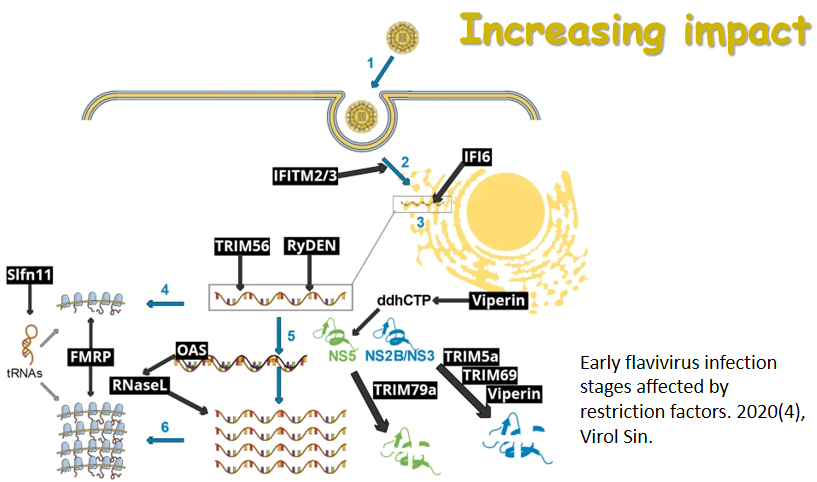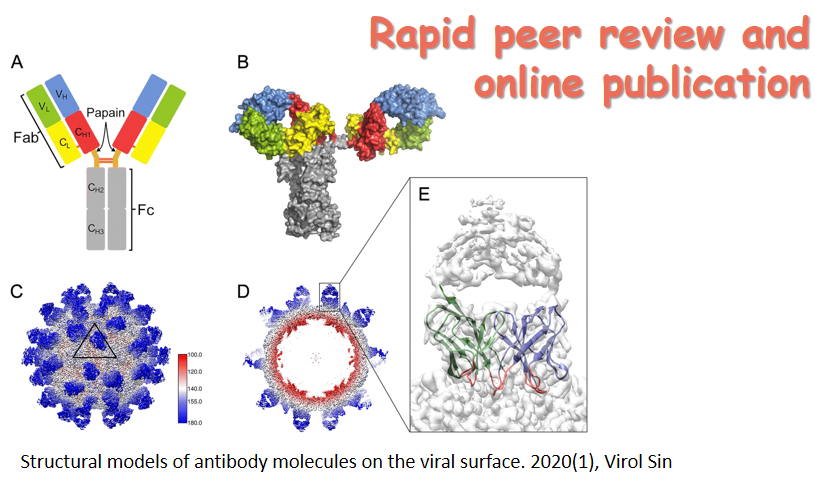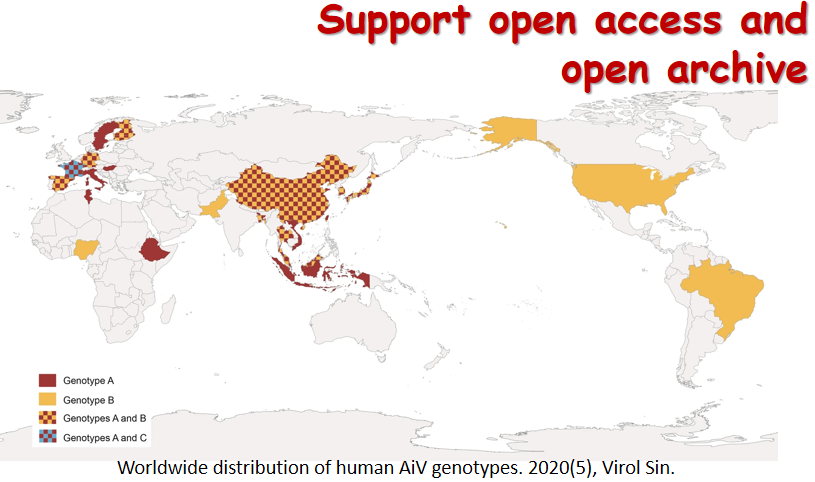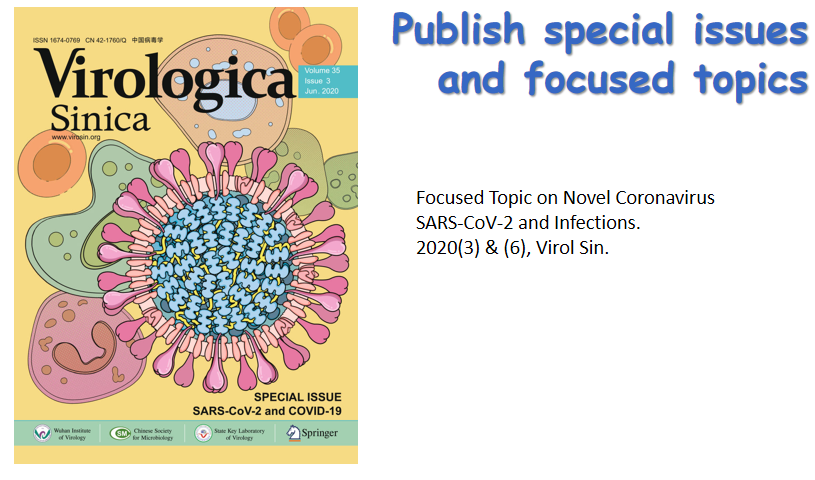通讯作者简介
Daniel Douek, M.D., Ph.D.,研究员,国家过敏和传染病研究所(NIAID)疫苗研究中心免疫学实验室人类免疫学部主任。
Daniel Douek于1997年获得伦敦大学免疫学博士学位。之后相继在洛克菲勒大学和德克萨斯大学西南医学中心进行博士后研究。Douek博士于2000年11月获任国家过敏和传染病研究所(NIAID)疫苗研究中心(VRC)免疫学实验室终身职位。他在基础免疫学,HIV和移植生物学领域享有很高的国际声誉。2007年2月,Douek博士获任终身高级研究员,并于当年获得世界艾滋病日奖。
摘要
在人免疫缺陷病毒(HIV)感染期间,I型干扰素(IFN-1)信号通路会激活细胞的抗病毒状态,包括产生抑制病毒复制的限制因子。和其他病毒感染一样,I型IFN还可以激活系统免疫,其在HIV感染进程中是获得性免疫缺陷综合征(AIDS)和非AIDS发病率和死亡率的有效预测因子之一。此外,IFN-1还与CD4 T细胞耗竭和抗原特异性T细胞应答的减弱相关。本文系统地阐述了I型干扰素(IFN-I)工作模型的精细机制,强调了时机(急性与慢性感染)的重要性,并建议具体靶向IFN-I及其亚型可能有助于利用 IFN-I 系统的有益作用, 同时避免其负面效应。
During human immunodeficiency virus (HIV) infection, type I interferon (IFN-I) signaling induces an antiviral state that includes the production of restriction factors that inhibit virus replication, thereby limiting the infection. As seen in other viral infections, type I IFN can also increase systemic immune activation which, in HIV disease, is one of the strongest predictors of disease progression to acquired immune deficiency syndrome (AIDS) and non-AIDS morbidity and mortality. Moreover, IFN-I is associated with CD4 T cell depletion and attenuation of antigen-specific T cell responses. Therefore, therapeutic manipulation of IFN-I signaling to improve HIV disease outcome is a source of much interest and debate in the field. Recent studies have highlighted the importance of timing (acute vs. chronic infection) and have suggested that specific targeting of type I IFNs and their subtypes may help harness the beneficial roles of the IFN-I system while avoiding its deleterious activities.
(以下摘自原文)
Noteworthy parallels exist between studies on HIV/SIV infection and studies on other viral infections. For instance, the paradoxical role of IFN-I in inducing antiviral responses and enhancing pathology has been described for influenza (Garcia-Sastre and Biron 2006; Davidson et al. 2014) and SARS (Huang et al. 2005). Taken together, data from several studies suggest that IFN-I signaling is essential to cytokine responses and recruitment of immune cells, which in turn can promote pathology. In influenza, administration of an agonist to the lipid metabolite sphingosine 1 phosphate receptor (S1P1R) expressed on pDCs was shown to suppress IFN-I signaling in mice and human cells and blunt proinflammatory responses during influenza infection in mice that showed improved survival (Teijaro et al. 2011; Walsh et al. 2011; Teijaro et al. 2016). Thus, provided that optimal conditions are met, it may indeed be possible to manipulate IFN-I signaling to improve clinical outcome in HIV infection.
扩展阅读:







